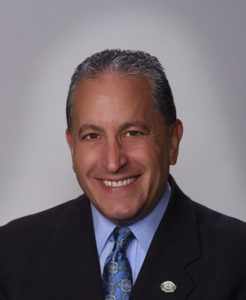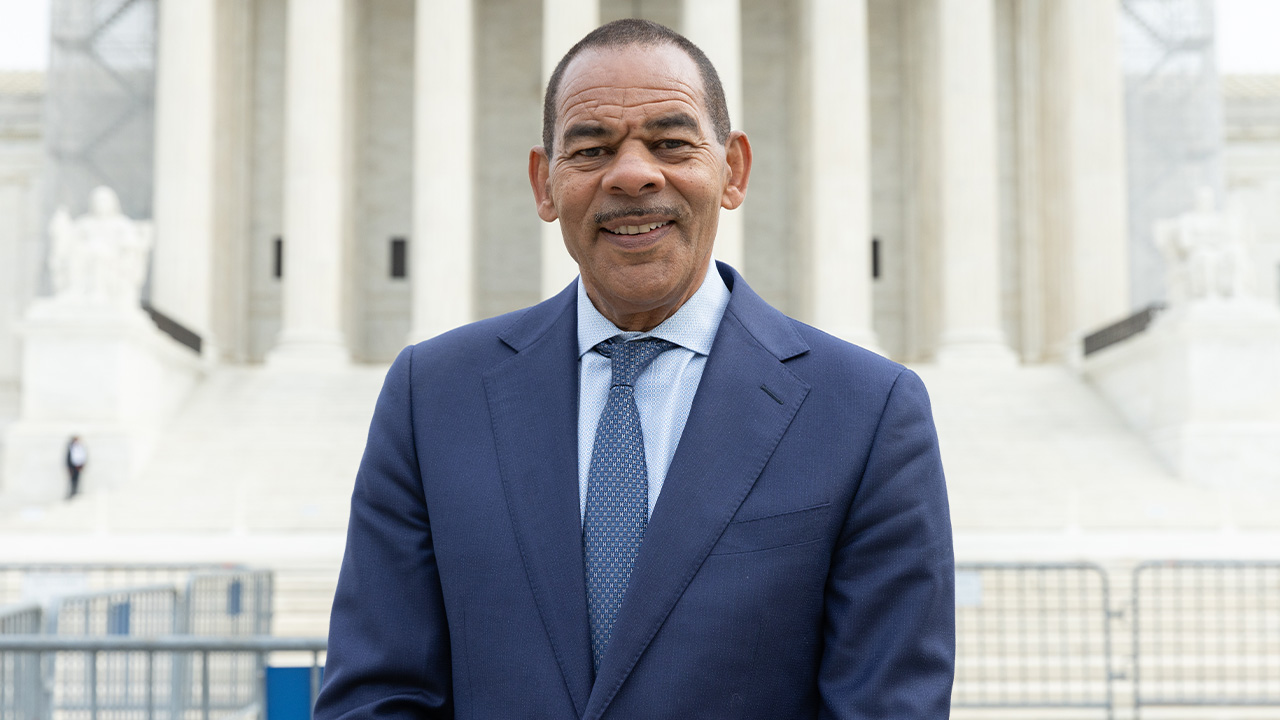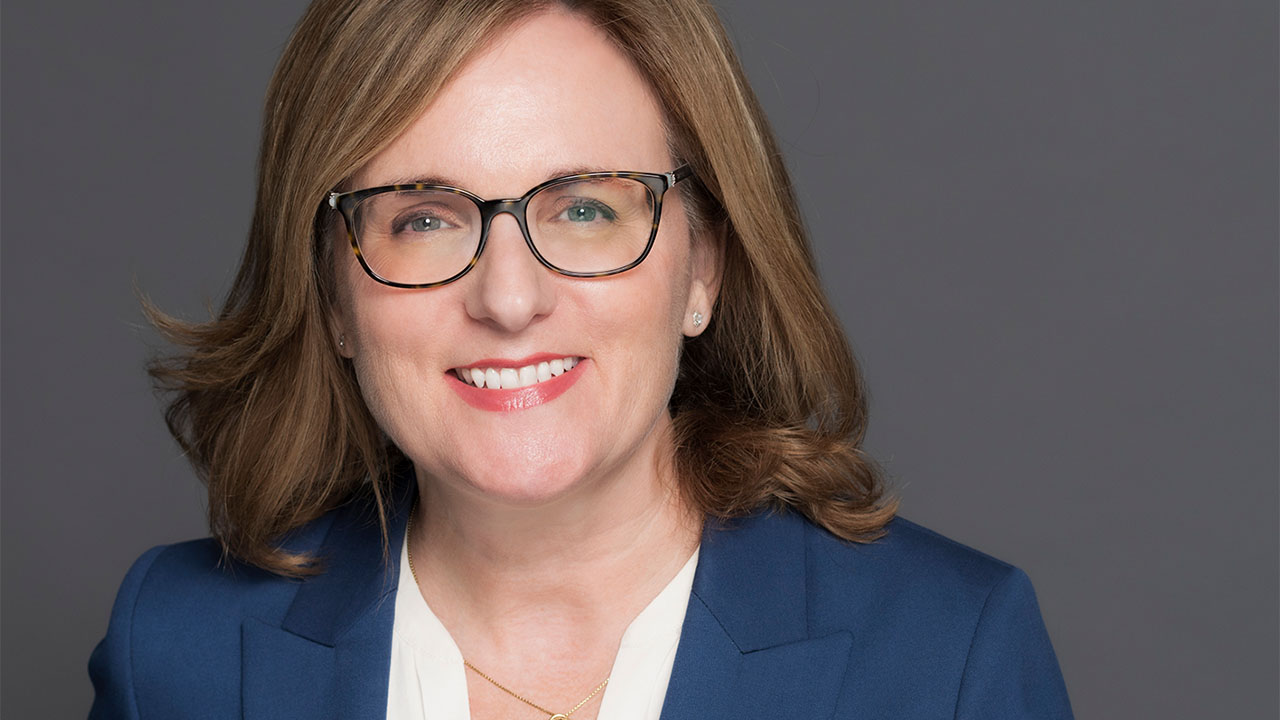By Daniel J. Stermer and Joseph J. Luzinski
The COVID-19 pandemic has not only taken its toll on human lives, but also on our local and national economies. Thousands of businesses are facing a severe cash crunch and doing what they can to keep their doors open by applying for relief loans, tapping into credit lines or borrowing from friends to stay afloat, reducing staff and cutting expenses. The unpleasant reality is many companies will not be able to survive this downturn even if the economy were to return soon to what was before “fully open.”

So, what options are there for businesses who face this grim and uncertain reality? The answer may be one that business owners and professionals have not considered (or maybe forgotten) or even heard of.
A company owner or manager could do nothing, what we call the ostrich approach: Not answer the telephone, not respond to demand letters, and just close the doors. What will happen then? Vendors owed small amounts will probably write off their losses. Others, such as landlords, institutional and venture capital lenders, and suppliers owed large sums will likely come after the company and its top executives. They could file lawsuits, seek immediate judgments and possibly wreak havoc on them and their reputations. Those individuals will be left with bad feelings and sleepless nights.
Having to wind down and liquidate a business is not something any business owner looks forward to, but serious consideration needs to be given to utilizing the state alternative to the filing of bankruptcy should that circumstance present itself. A CEO might be tempted to seek bankruptcy because it initially stops or “stays” legal actions such as eviction or foreclosure, or a lender which has declared a default and is pressing repayment. Chapter 7 is the well-established process to liquidate a business pursuant to the United States Bankruptcy Code.
However, there is an alternative to filing bankruptcy. It’s called an assignment for benefit of creditors, or ABC, for short. This procedure is faster and less expensive than a bankruptcy filing.
ABCs exist in common law, while in other states it is governed by statutes and state court oversight, including Florida. The process to liquidate assets and address debts should be reviewed by the distressed business and experienced professionals as early as possible in order to preserve as much value as possible.
An ABC begins with the company, with the advice of insolvency counsel, selecting a neutral, third-party professional, known as an assignee, who will receive all of the rights, titles and interests in all of the company’s assets and hold them in a trust for the benefit of the company’s creditors. The company continues to exist, but it has no assets; the liabilities remain with that corporation. The assignee is obligated to use the proceeds of the liquidation to address creditor claims.

In Florida, an assignee must be an individual who is not a creditor, equity holder or person holding an adverse interest to the company. Said otherwise, that person must be disinterested. In other states, the assignee can be a company. As noted above, the Florida process is court supervised, which ensures transparency and protection of creditors’ rights.
The assignee, with the assistance of counsel and often former employees, looks for ways to best maximize asset value. In Florida, a circuit court judge oversees the wind-down process. The court reviews and needs to approve the assignee’s proposed marketing and sale process and, ultimately, asset dispositions.
The sales can be by contract or auction, and every transaction will depend on the situation and the particular holdings of the company; in some instances, the most valuable assets a company owns are its name and other intellectual property. The assignee can also seek approval to operate the business for a period of time, which can be extended with court approval.
The business owner and company board of directors are removed from the decision-making process as that falls solely to the assignee. It is that person’s responsibility to interact with creditors, handle any pending litigation against the business and process claims, but any guarantee that was provided by any individual may not be part of the assignee’s responsibilities.
Creditors have 120 days under Florida law to file claims with the assignee. After liquidating the company’s assets, that individual reviews the claims and, where necessary, resolves disputes as to the amount creditors claim are owed.
Once the liquidation and claims process are completed, the assignee files a report with the court that would pay creditors by their priority as established by state law and their proposed pro rata share of funds available if there are not sufficient funds to pay everyone in full.
As you might expect, the costs of administering the assignment estate are paid; then, claims of any federal government agency and not just federal taxes. State, and local governmental entities stand first in line behind properly perfected, secured creditor claims. Last come unsecured creditors.
In that sense, ABCs are like Chapter 7 liquidations. They differ in that ABCs are less expensive to administer and move faster. That increases the odds that creditors will receive more of what they are owed. If the assets sell for more than what the creditors claim and payment of administrative fees and expenses, then monies would flow back to the assignor. But that is the rare exception.
An ABC provides a failing business with an existing, tried, proven and known process that gives everyone has a clearer picture of what’s likely to happen. And in these uncertain times, that can be a great comfort.
Joseph J. Luzinski is senior managing director and Daniel J. Stermer is managing director of Development Specialists Inc., a provider of turnaround management and financial advisory services. Both have served as assignees in the state of Florida and DSI has done assignments for many years in Florida and nationally. They can be reached at jluzinski@dsiconsulting.com or dstermer@dsiconsulting.com.















